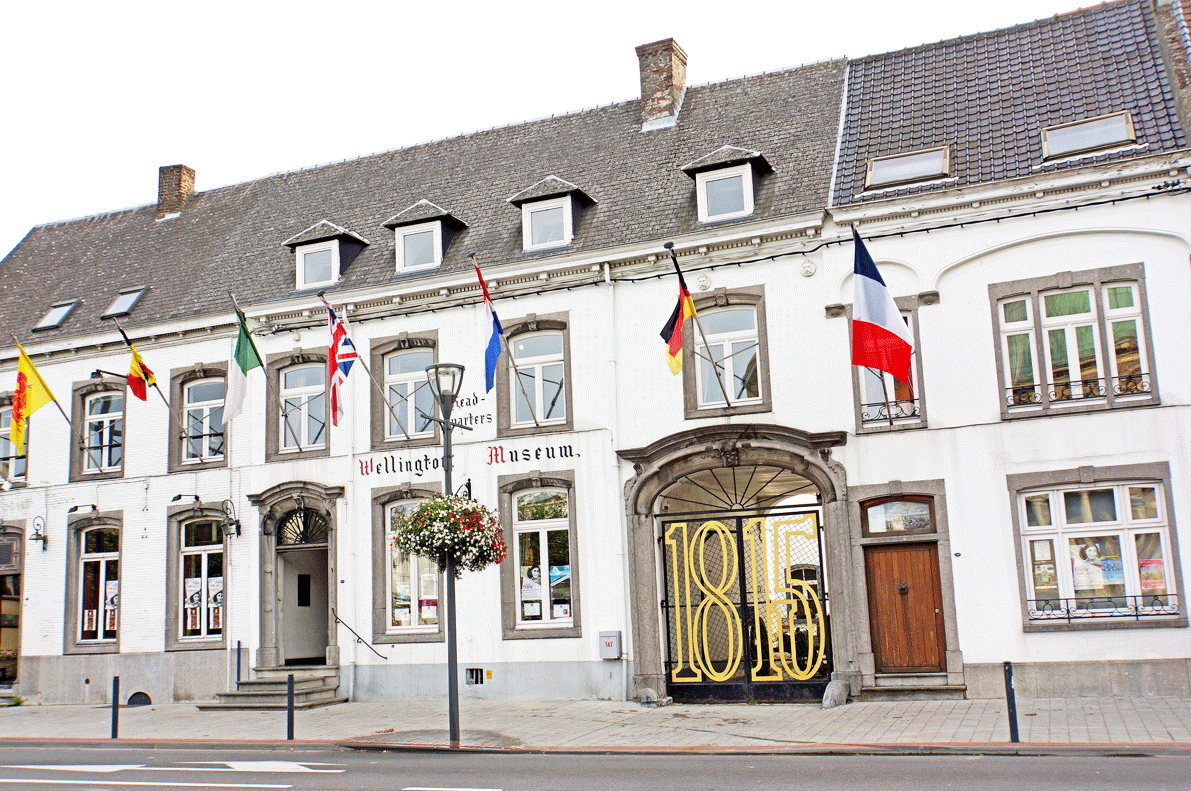Waterloo, Belgium, is a town steeped in history, most famously known for the Battle of Waterloo that took place in 1815. This pivotal event not only changed the course of European history but also positioned Waterloo as a significant tourist destination. As we delve into the rich tapestry of this town, we will explore its historical significance, cultural offerings, and the various attractions that make it a must-visit location in Belgium.
The Battle of Waterloo was a defining moment in the Napoleonic Wars, marking the end of Napoleon Bonaparte's rule and ushering in a new era for Europe. Today, Waterloo is a vibrant town that combines its historical legacy with modern amenities. Whether you're a history buff, a culture enthusiast, or simply looking for a picturesque getaway, Waterloo has something to offer for everyone.
In this article, we will take a comprehensive look at Waterloo, covering its history, attractions, and practical information for visitors. Join us as we embark on a journey through this remarkable town that has captured the hearts of many.
Table of Contents
- History of Waterloo
- The Battle of Waterloo
- Must-Visit Attractions in Waterloo
- Cultural Experiences in Waterloo
- Practical Information for Visitors
- Accommodation Options in Waterloo
- Gastronomy: Taste of Waterloo
- Conclusion
History of Waterloo
Waterloo's history dates back to the Roman times, with archaeological evidence suggesting that the area was inhabited long before the famous battle. However, it was the Battle of Waterloo on June 18, 1815, that put this small town on the world map.
The Early Days of Waterloo
Before the battle, Waterloo was a quiet village. The name "Waterloo" is believed to derive from the Dutch words “Water” and “loo,” meaning "water" and "forest," respectively. The area was primarily agricultural, with a few small farms and hamlets.
Impact of the Battle
The Battle of Waterloo was fought between the French army, led by Napoleon Bonaparte, and the Seventh Coalition, which included British, Dutch, and Prussian forces. The defeat of Napoleon not only ended his reign but also brought about significant political changes in Europe.
The Battle of Waterloo
The Battle of Waterloo is one of the most studied military engagements in history. It involved around 200,000 soldiers and resulted in approximately 50,000 casualties.
Strategic Importance
The battle was fought near the village of Waterloo, which was strategically significant due to its location. The outcome of the battle determined the future of Europe, and its repercussions were felt for decades.
Commemoration of the Battle
Today, the site of the battle is commemorated with various monuments and museums, including the Lion's Mound, which offers panoramic views of the battlefield.
Must-Visit Attractions in Waterloo
Waterloo is not just about history; it also offers a variety of attractions that cater to different interests.
The Lion's Mound
One of the most iconic sites in Waterloo is the Lion's Mound, a large man-made hill topped with a lion statue. It was built to commemorate the soldiers who fought in the battle and provides visitors with a breathtaking view of the battlefield.
The Wellington Museum
The Wellington Museum, located in the former headquarters of the Duke of Wellington, showcases artifacts and exhibits related to the battle and its historical context.
Cultural Experiences in Waterloo
Waterloo is rich in cultural experiences that allow visitors to immerse themselves in the local traditions and heritage.
Local Festivals
Throughout the year, Waterloo hosts various festivals that celebrate its history and culture, including reenactments of the Battle of Waterloo, which attract history enthusiasts from around the world.
Art and Music
The town also has a vibrant arts scene, with galleries and music venues that showcase local talent and international artists.
Practical Information for Visitors
Planning a trip to Waterloo? Here are some essential tips to ensure a smooth visit.
Getting There
Waterloo is easily accessible by train from Brussels, making it a convenient day trip for tourists. The journey takes approximately 20 minutes.
Best Time to Visit
The best time to visit Waterloo is during the spring and early autumn when the weather is pleasant, and outdoor activities are plentiful.
Accommodation Options in Waterloo
Visitors to Waterloo can find a range of accommodation options, from luxury hotels to charming guesthouses.
Recommended Hotels
- Hotel Les Trois Clés
- Martin’s Grand Hotel
- Hotel Ibis Styles
Budget-Friendly Options
For travelers on a budget, there are several hostels and B&Bs that offer comfortable stays at affordable prices.
Gastronomy: Taste of Waterloo
No visit to Waterloo would be complete without indulging in its culinary delights.
Local Cuisine
Waterloo boasts a variety of restaurants that serve traditional Belgian dishes, such as moules-frites (mussels and fries) and waffles.
Must-Try Restaurants
- Brasserie de la Gare
- Restaurant Le Pain Quotidien
- Le Cygne
Conclusion
Waterloo, Belgium, is a town that beautifully marries its rich history with modern-day charm. From the iconic Lion's Mound to the Wellington Museum, there is much to explore and discover. Whether you are a history enthusiast or a casual traveler, Waterloo promises a memorable experience. We invite you to leave your comments below, share this article with fellow travelers, and explore more of our content for your next adventure!
Thank you for joining us on this journey through Waterloo. We hope to see you again soon for more exciting explorations!




